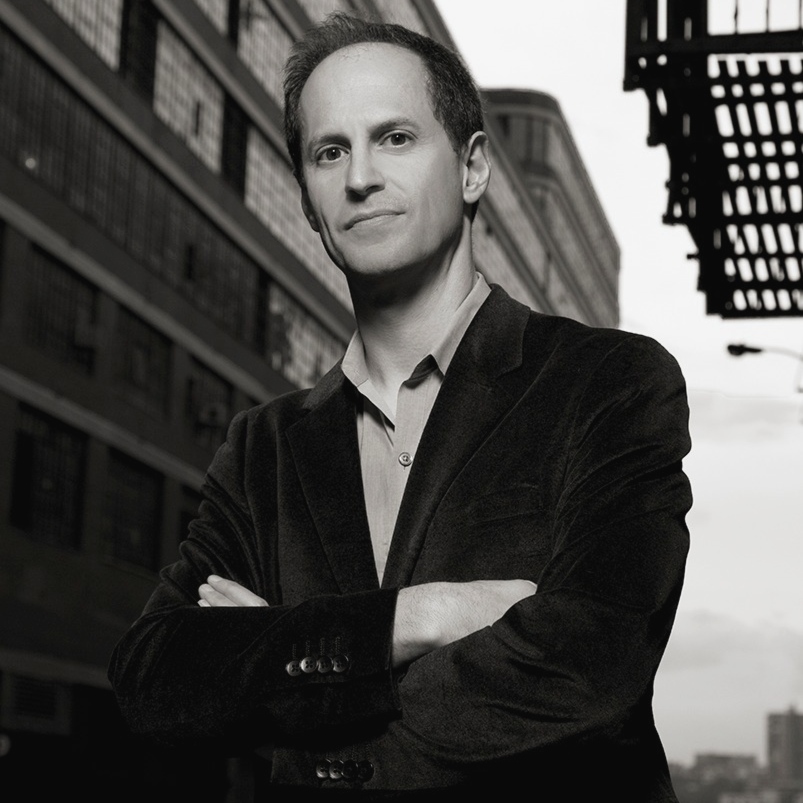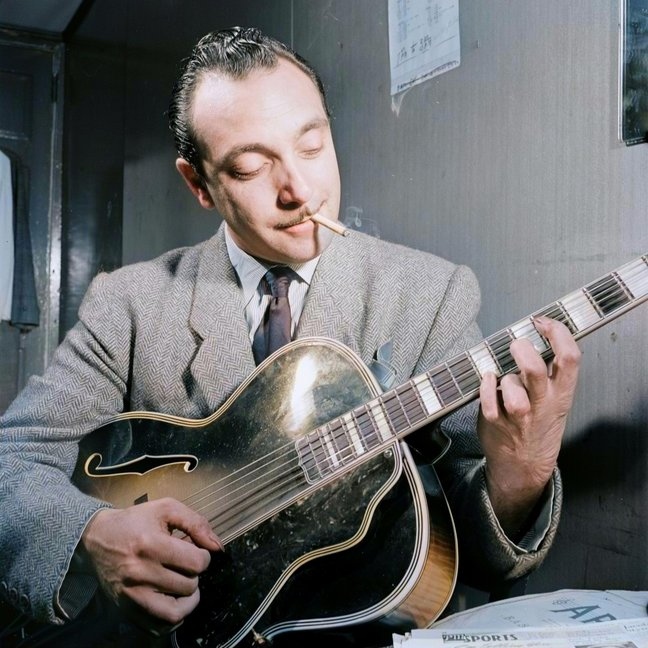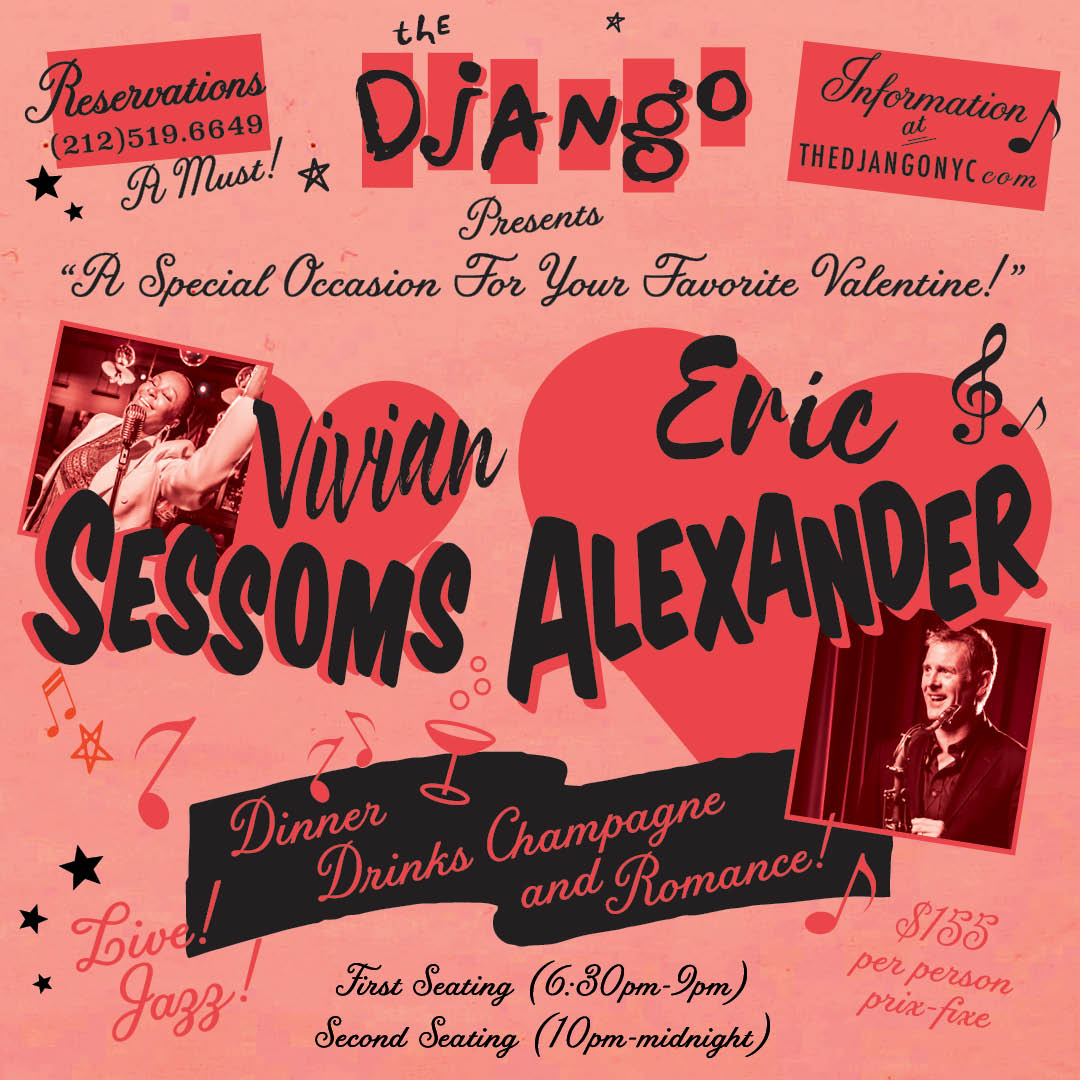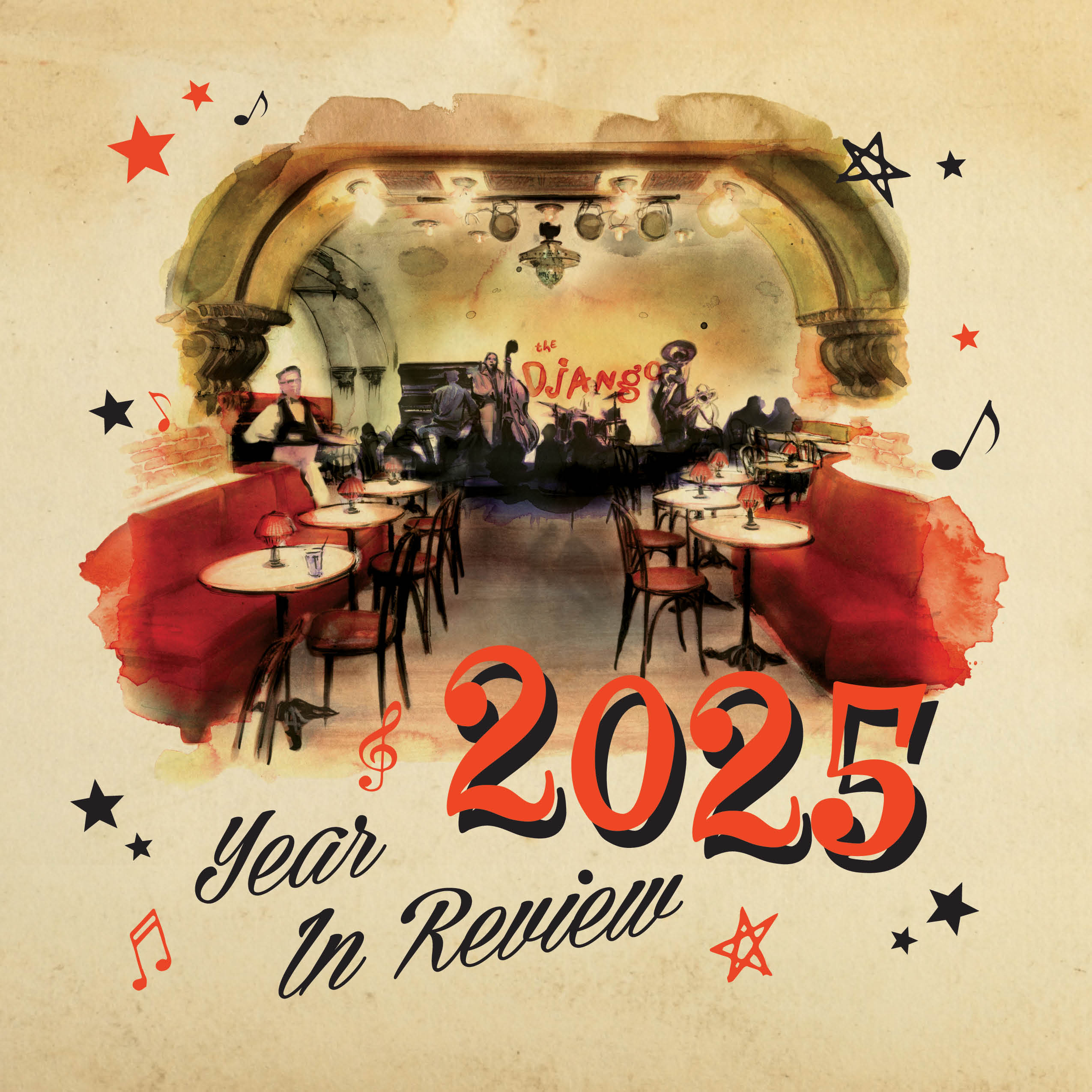King Of The Keys
Jonny King gets The Django jumping!
01.03.26

Django favorite Jonny King has been a first call jazz pianist on the NYC scene for decades. From acclaimed recordings to tours with musical legends and his own groups, King continues to be a musical force and one not to be missed.
“I was nine years old when I started playing piano,” King tells us. “I went to the movie The Sting, which had a Scott Joplin soundtrack, and I went home and started picking out those melodies on the piano. From that point on, I progressed through jazz history, from the early stride and boogie-woogies players, through swing, bebop, post-bop and everything that followed.”
Professional gigs soon followed. “My summer jobs in high school and college were to play solo or duo at restaurants around NYC,” he explains. “Some of the earliest were in a quartet setting with guitarist Freddie Bryant at some clubs on the Upper West side that have now closed. My first time in Europe was probably a tour of Spain in the late 1980s. We played clubs around Madrid and even filmed a national TV show called “Jazz Entre Amigos!”
After a lifetime of gigs, which ones stand-out the most to him? “It’s hard to say, but a week at Sweet Basil’s with Eddie Harris was one of the most mind-blowing musical experiences I ever had,” King says. “Eddie played some of his classics, like “Freedom Jazz Dance” and “Mean Greens,” but we played them super up-tempo swing, and all the veteran sax players (like George Coleman and others) came out to hear us play. Eddie even took a percussion solo on the pads of his tenor. Truly one of the most original improvisers ever, and harmonically really, really deep. Tony Reedus was on drums and bassists Ira Coleman and Dennis Irwin split the week.”
“As a listener, I’d have to pick two gigs that stand-out the most,” King continues. “Keith Jarrett solo at Carnegie Hall was a complete revelation. He switched between the most out, darkest pieces, to hymns and gospel and lyrical ballads, and then after a full concert of spontaneously composed pieces, played a series of encores that included “My Song” and “Time on My Hands. It was the most strikingly beautiful thing I’d ever heard. Also trumpeter Woody Shaw at the Vanguard playing standards and his tunes sometime in the 1990s. I watched a true harmonic genius with his own unmistakable vocabulary and fire just tear apart every single song. I left thinking, ‘I want to play piano like that.’”
But King isn’t only a sought-after pianist, he’s also a successful attorney and an avid fly fisherman. How does he think his myriad of interests intersect?
“In any of those pursuits, you’re always improvising, always adjusting to what you hear/see/feel around you,” he explains. “Jazz is basically spontaneous musical composition, and is at its best when its most conversational. The same holds for poking your way down a river, trying to adjust to its rhythms and signals, or even arguing in Court, responding to all the unexpected things that can happen in real time.”
After decades on tour, King is happy to have a musical home at the Django where he holds court regularly (catch him there next on Thursday, February 19). “I play primarily trio at the Django and have been able to put together some remarkable combinations of remarkable bassists and drummers who might not have been in that particular configuration,” he tells us. “I try to rotate the personnel all the time to keep it fresh, and the musicians have been incredible. Bassists have included Ed Howard, Dezron Douglas, Alex Claffy, Richie Goods, Ugonna Okegwo, Essiet Essiet, Ben Wolfe and many other greats. Drummers have included Billy Drummond, Adam Cruz, Allan Mednard, Nasheet Waits, Joe Strasser, Donald Edwards, Kush Abadey, and many others. Where else could I invite so many brilliant players? More and more, I’m dispensing with set lists and sheet music at the Django and simply calling tunes on the spot. One of the things that has kind of disappeared from the jazz scene is the tradition of just playing tunes like we used to do at the legendary Bradley’s. I pick musicians who know the whole lexicon – from standards, to jazz tunes, to all kinds of other music – and I find that every gig ends up featuring songs I might not have played in 20 years. Doing it this way distinguishes the sets from the curated, planned way most gigs unfold, and lets the audience see how keeping things unpredictable makes the music more exciting. Often I just start playing a tune, and if the bassist or drummer don’t know it, they’re good enough to figure it out after a chorus.”
And what discs would this prodigious polymath take to a desert island? “McCoy Tyner’s Time For Tyner, Herbie Hancock’s The Prisoner and the Sonny Rollins Trio, Live in Stockholm.”

You May Also Like
2 Avenue of The Americas
New York City, 10013
The Roxy Hotel → Cellar Level



